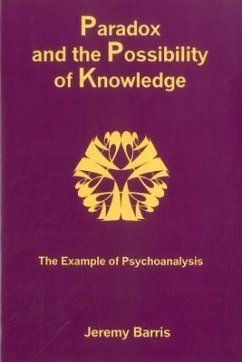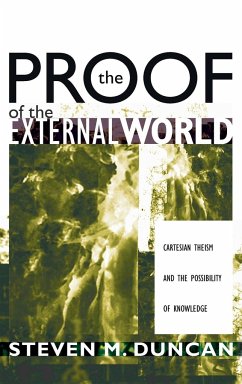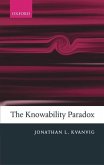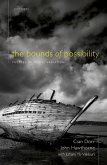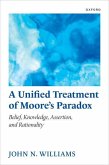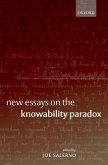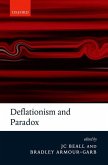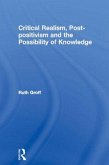Paradox and the Possibility of Knowledge argues that psychoanalytic theory has certain mostly unnoticed features that bring out, with unusual clarity, a logic that is true of conceptual thought generally. This logic is paradoxical in that it is deliberately and productively self-canceling. The general relevance of this logic to conceptual thought and to theory offers a solution to some fundamental epistemological problems. First, it allows a solution to the problem of the ultimate circularity or infinite regress of knowledge, by showing how the circle or regress eliminates itself in a variety of successful knowledge-grounding ways. Second, it offers some resulting insights into issues involving politically troublesome dimensions of knowledge, specifically into the procedure of ethical political dialogue. The book is written in the contexts of both Anglo-American philosophy and Continental or European philosophy. The argument is largely Wittgensteinian, and at the same time proceeds through detailed reference to Freud's and Lacan's work. On the way it addresses theory construction in general, including the claims of phenomenology and deconstruction.

